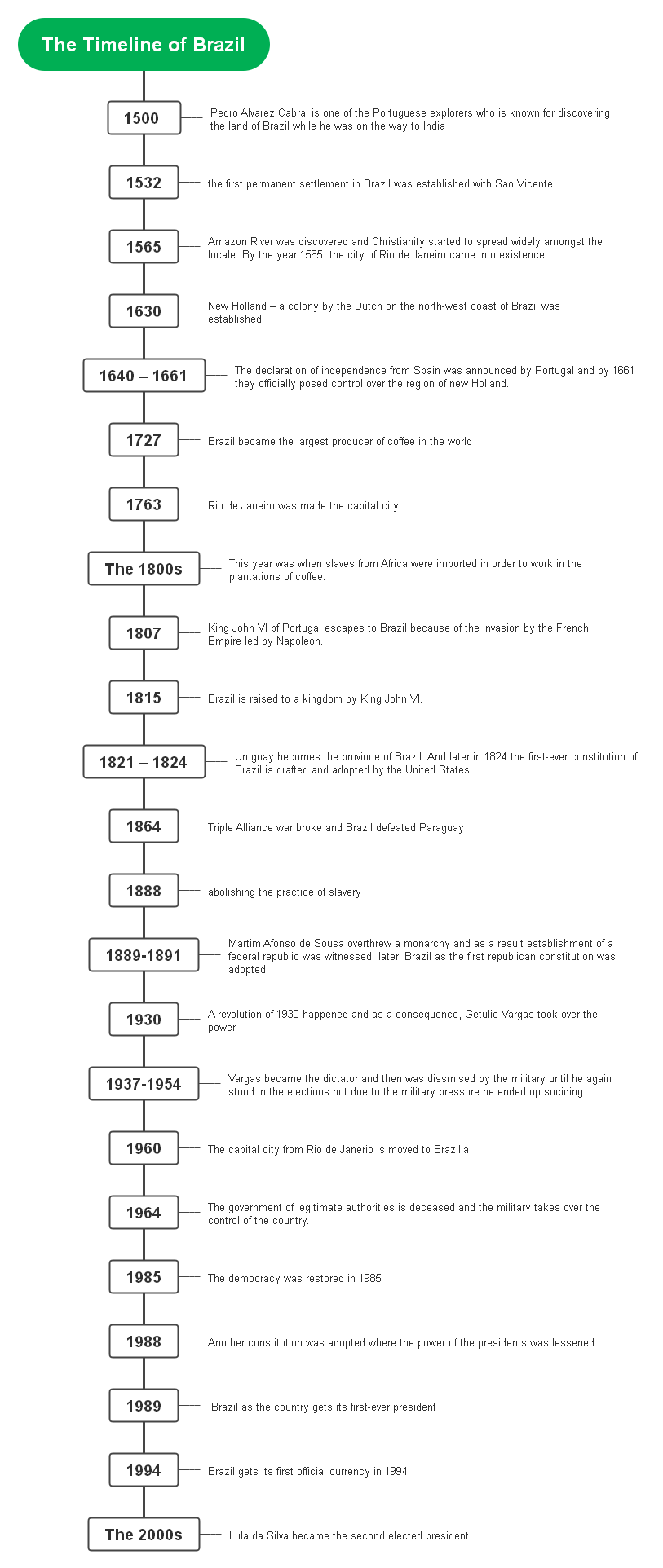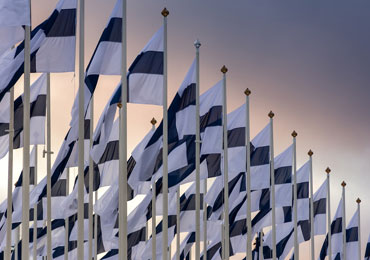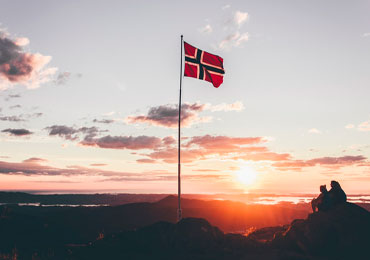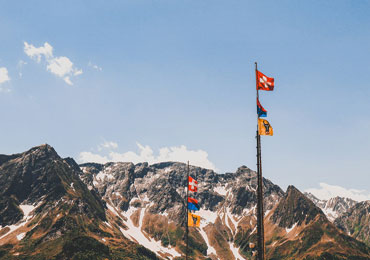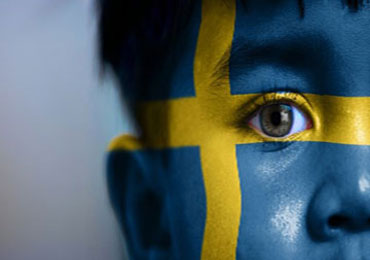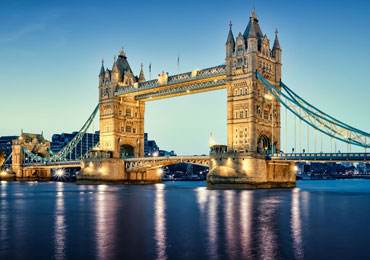History of Brazil
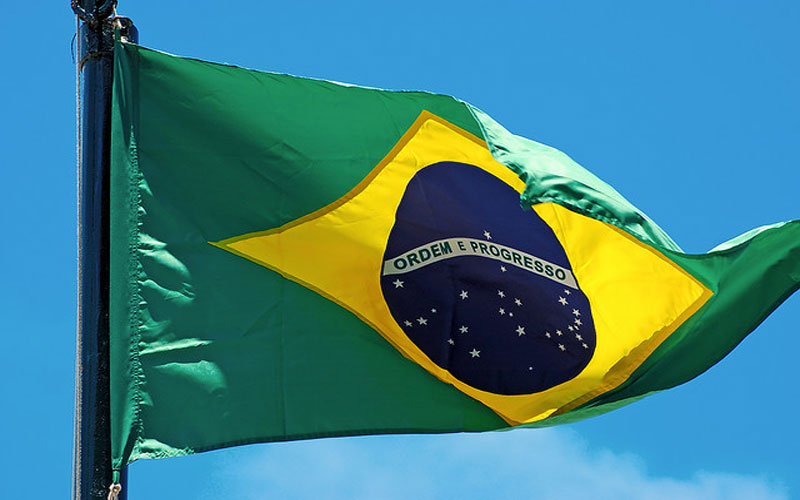
Until the advent of the Europeans, Brazil was settled by the tribes that practiced stone-age. Then, the Portuguese showed up in 1500, and Pedro Alvares Cabral guaranteed Brazil as Portugal's settled colony. The principal settlement was established in 1532, and Portugal started to take up a greater amount of the land. The primary export was sugar. Slaves were imported from Africa to work for over the fields. Brazil kept on extending through battles and wars. The Portuguese conquered the French to take Rio de Janeiro and posed control over more than a few British and Dutch stations. Brazil was soon one of the biggest regions. Today Brazil stands as the fifth largest country in the world.
In 1807, the royal families of the Portuguese got away from Napoleon and escaped to Brazil. Albeit the ruler, Dom Joao VI turned back to Portugal in 1821, his child stayed in Brazil and became head of the country. He declared the freedom of Brazil in 1822.
In 1889, Deodoro Da Fonseca managed to pull off a revolution to assume control over the government from the sovereign. He changed the government to a republic managed by a constitution throughout the years since the country has been ruled by chosen and elected presidents just as by military coups.
Lula da Silva was elected as president in 2002. He was the first common president of Brazil and was president for two terms until 2010. In 2011 Dilma Vana Rousseff became the president of Brazil, and she was the first women president of the country.
The Timeline of History of Brazil
Before the Europeans arrived, Brazil was managed and settled by numerous small tribes. Very little (before 1500 CE) is known about these tribes as they fail to develop writing or monumental architecting.
Pedro Alvarez Cabral is one of the Portuguese explorers who is known for discovering the land of Brazil while he was on the way to India.
By the Portuguese explorer Martim Afonso de Sousa, the first permanent settlement in Brazil was established with Sao Vicente.
After the settlement, the Amazon River was discovered, and Christianity started to spread widely amongst the locale. By the year 1565, the city of Rio de Janeiro came into existence.
New Holland – a colony by the Dutch on the north-west coast of Brazil, was established.
The declaration of independence from Spain was announced by Portugal, and by 1661, they officially posed control over the region of new Holland.
In the year 1727 Brazil became the largest producer of coffee in the world.
Rio de Janeiro was made the capital city. It was a shift from Salvador.
This year was when slaves from Africa were imported in order to work in the plantations of coffee.
King John VI pf Portugal escapes to Brazil because of the invasion by the French Empire led by Napoleon.
Brazil was raised to a kingdom by King John VI.
Uruguay becomes the province of Brazil. And later, in 1824, the first-ever constitution of Brazil was drafted and adopted by the United States.
It was a severe year as a Triple Alliance war broke. And the alliance of Uruguay, Argentina, and Brazil defeated Paraguay.
The year brought a big change in the constitution by abolishing slavery and introducing the Golden Law. In 1888, somewhat a figure of four million slaves enjoyed freedom.
A military coup led by Portuguese explorer Martim Afonso de Sousa overthrew a monarchy and as a result establishment of a federal republic was witnessed.
Another significant year for the history of Brazil as the first republican constitution was adopted.
A revolution of 1930 happened, and as a consequence, Getulio Vargas took over the power.
A new state came into being, and Vargas becomes the dictator. However, later in the year 1945, the military overthrew Vargas. By the year 1951, Vargas was again standing and competing in the elections of being president. But military demands Vargas to resign, and he committed suicide in 1954.
The capital city from Rio de Janerio was moved to Brazilia.
The government of legitimate authorities was deceased, and the military takes over the control of the country.
The democracy was restored in 1985 when the military gives up, and governmental powers were once again influential.
Another constitution was adopted where the power of the presidents was lessened.
This year is another major highlight of the history of Brazil as the country gets its first-ever president as per the democratic move. People select Fernando Collor de Mello as their first president.
Brazil got its first official currency in 1994.
Lula da Silva became the second elected president. He has been a well-known president and a great leader amongst the country's working class. But later in 2011, Brazil observes its first-ever woman president, Dilma Rousseff.
Brazil observes its roots from 1500 CE by the tribe that used to practice stone-age. Until it was announced as a colony by Pedro Alvares Cabral. Today, Brazil is the fifth largest country as per land area and a sixth-largest country in terms of population. The current population of Brazil ranges to 213.99 million that makes up 2.78% of the population of the world. The country is well-known to home fourteen cultural and seven natural UNESCO world heritage designated sites.
